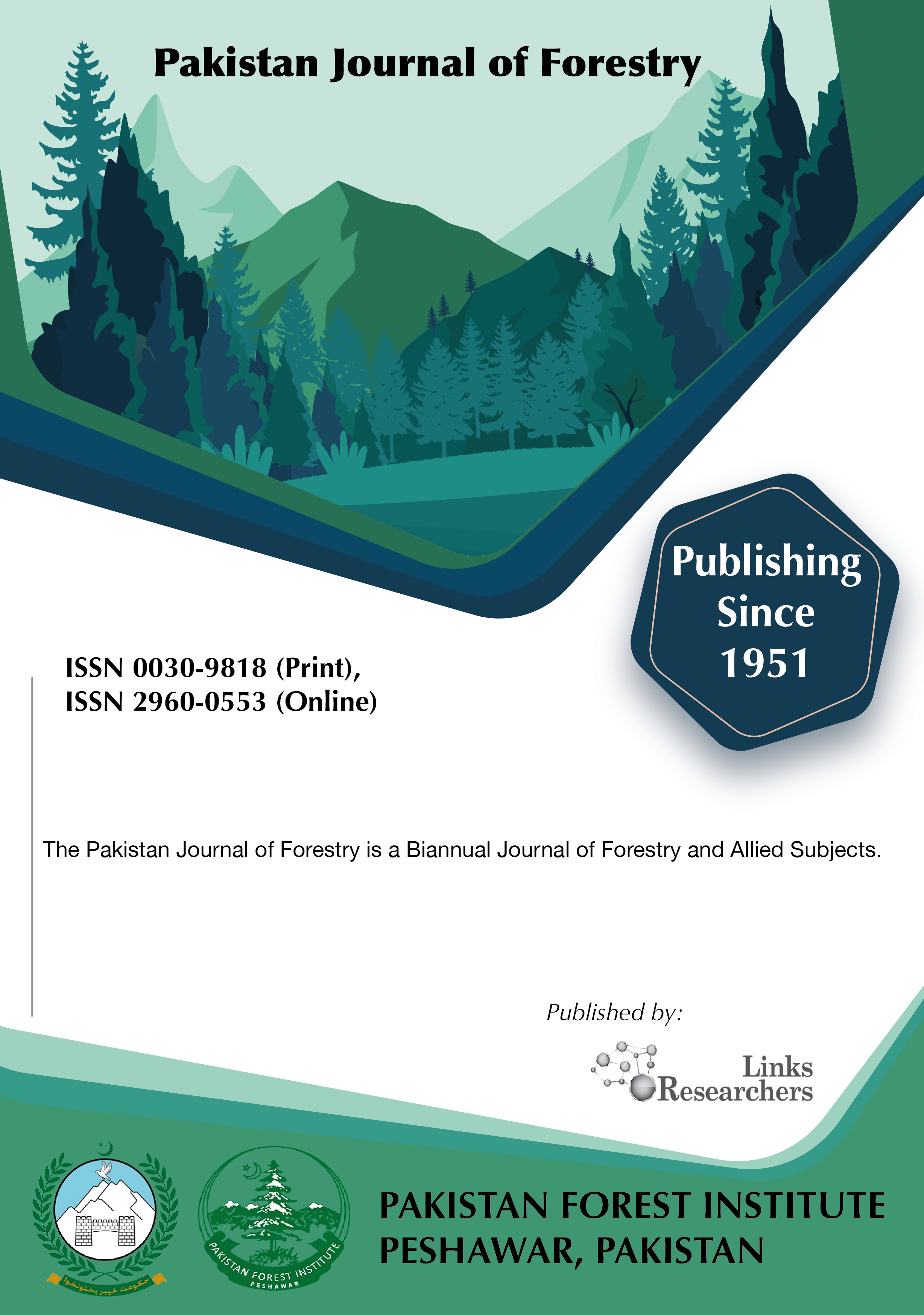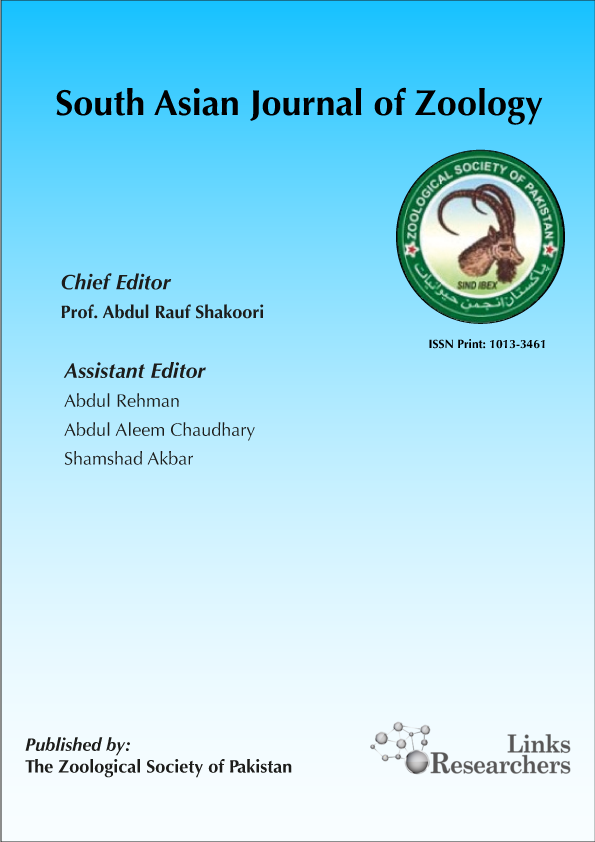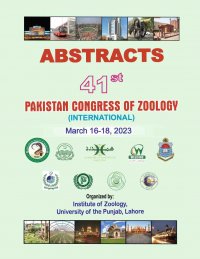Hassnain Shah, Muhammad Azeem Khan, Umar Farooq, Nadeem Akmal*, Shahid Munir and Bashir Hussain**
Muhammad Israr1*, Saeed Ullah1, Shakeel Ahmad2, Asif Yaseen3, Urooba Pervaiz4 and Nafees Ahmad5
Mahmood Alam Khan, Afzal Munir, Muahmmad Shahzad Khattak, Daulat Khan, Muhammad Ajmal
Mahmood Alam Khan1*, Afzal Munir1, Muhammad Shahzad Khattak1, Daulat Khan1, Muhammad Ajmal1
Afifatul H.A. Adilah1, Junun Sartohadi2* and Suci Handayani1
Nurul Fajeriana1*, Akhmad Ali1 and Retno Puspa Rini2
In the months of June and July, we witness floods ...
Bilal Ahmed Qazi, Nowsherwan Zarif, Anwar Ali*, Faizan Ahmed, Asim Karim and Ali Nawaz
Ngele Blessing Alfred, Agba Mary-Ibenreh Ogaboh*, Bassey Rosemary Anietie and Egeh Ajah Egwu
Muhammad Waqas1*, Razia Bashir1, Haroon Ali2, Arslan Shahzad1 and Tehmina Saddique3
Hina Jabeen*, Usman Irshad, Kainat Azhar, Alisha Fatima, Asma Zaheer Abbasi, Tayyaba Sadia and Jaweria Aqeel
Featuring
-
Diversity of Invertebrate Fossils in Pakistan
Syed Iftikhar Hussain Jafri
Proceedings of Pakistan Congress of Zoology, Vol. 42, pp 107-123, 2024
-
Epidemiological Study of Warble Fly in Pakistan
Munib Hussain, Abdul Razzaq, Mohammad Qasim, Muhammad Jamil, Abid Hussain and Najeeb Ullah
Proceedings of Pakistan Congress of Zoology, Vol. 42, pp 103-105, 2024
-
Evaluation of a Novel Technique to Detect the Presence and Attraction of Wild Boar (Sus scrofa) towards Baiting Points
Irfan Ahmed, Uswah Sehar, Zakia Panhwar and Muhammad Mushtaq
Proceedings of Pakistan Congress of Zoology, Vol. 42, pp 97-101, 2024
-
Population Frequencies and Proportional Efficacies of Acute and Anticoagulant Rodenticides Formulated Baits and Fumigant Against Rodent Pests of Wheat Crop
Muhammad Sarwar, Areej Javaria, Muhammad Zain-ul-Abideen, Muhammad Farhan Sarwar and Muhammad Haroon Sarwar
Proceedings of Pakistan Congress of Zoology, Vol. 42, pp 87-96, 2024
Subscribe Today
Receive free updates on new articles, opportunities and benefits

© 2025 ResearchersLinks. All rights Reserved. ResearchersLinks is a member of CrossRef, CrossMark, iThenticate.







